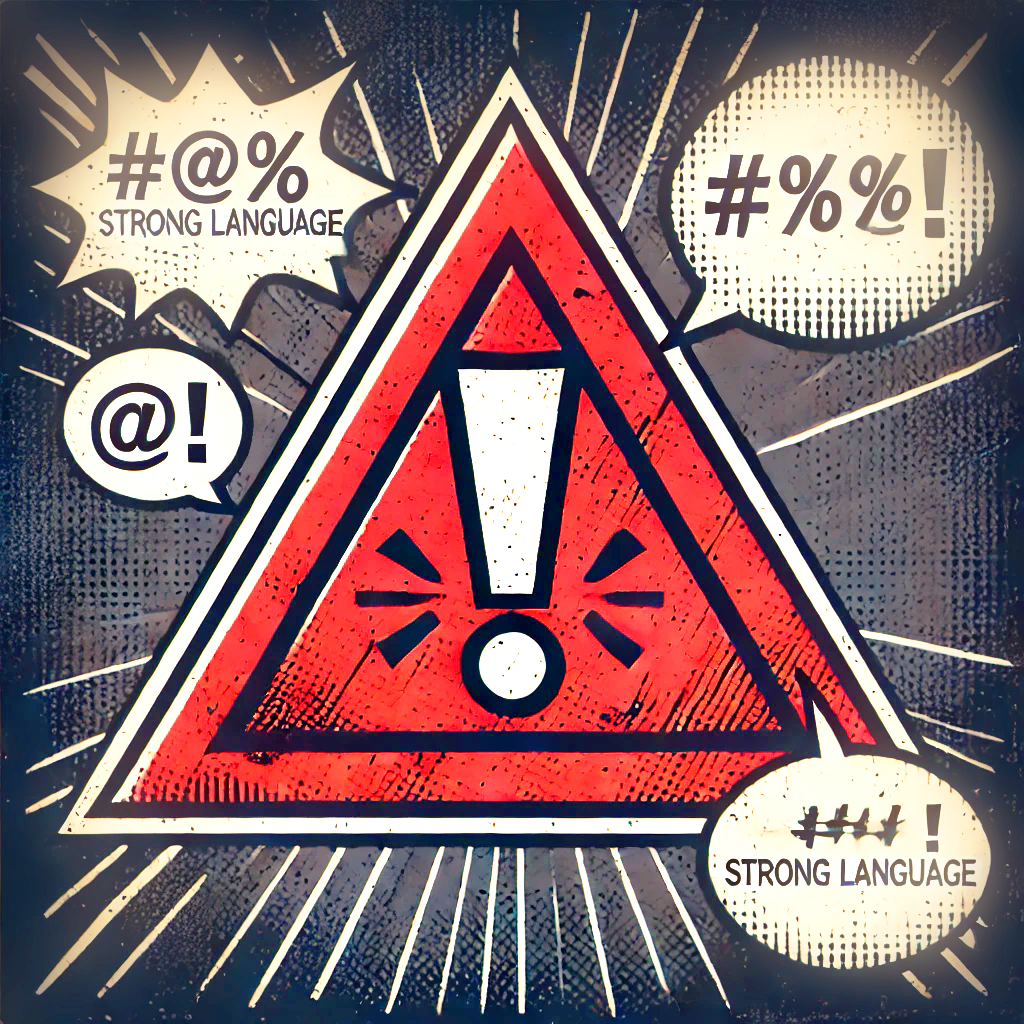We all encounter times when life feels overwhelming, and emotions swirl like a fog we can’t quite navigate. Sorting through complicated thoughts can be daunting—sometimes logic fails us, and our inner monologues turn chaotic. In these moments, writing fiction offers more than just a creative outlet. It allows us to translate nebulous emotions into structured narratives, providing clarity and emotional relief.
Fiction serves as both an act of creation and reflection, granting us the opportunity to explore thoughts that we might otherwise push aside. The beauty lies not only in what we create on the page but also in what the process reveals about us.
Stories as Emotional Mirrors
Writing fiction can act like holding up a mirror to the mind. Your characters don’t just move through your plot—they represent parts of yourself, embodying hopes, fears, unresolved tensions, or long-forgotten dreams. A character who struggles with confidence may reflect your own insecurities, while a protagonist overcoming obstacles mirrors your efforts to solve real-world problems.
When characters come into conflict, those clashes are often projections of the internal battles you’re waging. Their victories, mistakes, or compromises allow you to see your emotions unfold in ways that bring clarity to your life. Through these characters, you process personal truths that might have been buried in the fog of your thoughts.
Writing fiction lets you externalize these conflicts, giving them shape and context. Instead of thoughts swirling aimlessly in your head, they become scenes, dialogues, and interactions. You gain the distance necessary to see your emotions for what they are and understand them more fully.
Writing as Catharsis
There’s a reason why journaling and creative writing have therapeutic value. Crafting a fictional narrative is like untangling a web of emotions, pulling apart the threads of your thoughts and weaving them into something coherent. Writing demands focus and attention, and that intentionality forces us to confront emotions that we might prefer to ignore.
Take grief, for example. Imagine a character mourning the loss of someone they loved. As you write their story—detailing how they cope, what they lose along the way, and what they eventually gain—you’re not just telling their story. You’re giving voice to your own experiences with loss, even if they’re not identical to the fictional character’s. In creating their journey, you might discover new insights about your personal relationship with grief—things you hadn’t fully understood until you wrote them down.
This act of translating emotions into scenes provides emotional release. Through storytelling, feelings that were once formless become manageable. Writing helps you sort through your thoughts, untangle emotional knots, and create a sense of closure or peace—sometimes without even realizing it.
World-Building as a Reflection of Self
The fictional worlds you build—whether they’re grim dystopias or shimmering utopias—are often reflections of your inner landscape. World-building isn’t just about inventing cool settings or fantastical rules; it’s about mapping out your personal fears, values, and hopes.
A post-apocalyptic world filled with chaos might mirror anxieties about instability or the future, while a lush paradise could reflect aspirations for peace and fulfillment. The societies and structures you create can also expose your subconscious views about human nature. Do your characters live under an authoritarian regime? Perhaps it reflects your skepticism toward authority. Do you create egalitarian communities? This might hint at your yearning for fairness and equality in the real world.
World-building isn’t just an exercise in imagination—it’s an invitation to explore your mind’s blueprint for reality. It gives you a chance to examine the beliefs and assumptions you carry with you, encouraging you to reflect on how they shape your understanding of the world.
Cultivating Empathy Through Fiction
One of fiction’s most powerful tools is its ability to cultivate empathy. Writing from the perspective of characters with different backgrounds, beliefs, or personalities can help you step outside your own experience. This shift in perspective can be particularly valuable when navigating complex emotions like anger, resentment, or forgiveness.
Imagine writing from the viewpoint of someone who has hurt you. As you delve into their motivations—trying to understand why they acted the way they did—you might discover new dimensions to their behavior. Exploring their story may lead to an unexpected sense of acceptance or even forgiveness, not because the hurt no longer matters but because you’ve gained a broader understanding of their actions.
Similarly, writing from the perspective of a character with vastly different experiences from your own helps you develop empathy toward others. This practice broadens your emotional vocabulary, giving you the tools to navigate difficult relationships or situations with greater awareness and compassion.
Embracing Your Narrative Voice
Ultimately, writing fiction is about more than just telling a good story—it’s about expressing your truth. Your narrative voice is a reflection of who you are, shaped by your experiences, beliefs, and aspirations. It’s the lens through which you interpret the world, and through fiction, you get to share that lens with others.
Finding your voice takes time, and it often involves writing stories that resonate deeply with you. These are the narratives that matter, not because they’re perfect but because they reflect your unique perspective. Through the act of writing, you gain clarity—not only about the story you’re telling but also about yourself.
So, the next time your mind feels clouded, and your emotions are hard to decipher, try writing a story. Don’t worry about getting it right—just let the words flow. Fiction offers you a way to explore the fog, step by step, until you emerge with a clearer understanding of yourself and the world around you.
Write Through the Fog
Writing fiction isn’t just a creative endeavor—it’s a journey through the mind. It’s a way to bring clarity to your thoughts, explore emotions, and cultivate empathy. Every character you create, every world you build, and every perspective you explore brings you closer to understanding yourself.
So, pick up that pen or open your laptop. Let your imagination cut through the haze, revealing the truths that lie hidden beneath the surface. And remember:
Uncover the story within, explore the meaning beyond, and embrace your narrative voice.




Leave a Reply